
The Credentials of Minimalism – Fact or Fiction?
The notion of living “minimally” seems to be trending in western culture across the globe. Is it a sign of the times? An indication that something is inherently imbalanced about the modern day lifestyles and consumeristic cultures we live.
I wonder, are we as a collective waking up to the unnecessary noise that like a disease is infecting our ability to live fully, freely and happily? Is minimalism sustainable? Is it a possible solution to much of our modern day dissatisfaction and depression? Or is it just another trend?
Like sheep in the herd are we just following the crowd? More information, more clutter, more distraction, more confusion, more consumerism. Just another way to mask our already insecure and dissatisfied lives. As we traverse this experience so far disconnected from our story, not knowing which way to turn, we cling to hope as the status quo clings to conformity.
I believe there is substance to minimalism. I think there is value to be had as far as the improvement and progression of the quality of our lives are concerned. However, I also believe, like meditation, the trend, the hype, the commercialisation of minimalism could drown out the essence and purity of such ideals only to become another web to entangle our already busy lives.
Minimalism: to live a more meaningful life with less.
There are other words used to describe this lifestyle choice – purposefulness, essentialism, intentionality or necessity. Minimalism is a way of life. To live a life with less and in doing so living with a higher sense purpose, meaning, freedom, fulfillment, and ultimately, happiness.
The way I see it is that we are conditioned to a life of consumerism. It’s a consequence of capitalism. The private economic and political system that has been adopted initially with the purpose to raise the quality of life for all members of society but instead it seems to have enslaved us. Now a strategy used by big business to keep the general public distracted from their otherwise insecure, dissatisfied, meaningless and unhappy lives.
I know, I paint a pretty bleak picture, right?
However, look around you. In my personal experience and perspective, the modern day lifestyles that we as a society have created has lost all meaning to what it truly means to live. Less motivated and hopeful that a better life or even a utopian world is possible.
I believe evolution, progress and the continual innovations and advancement of life as we know it must have higher intention than survival alone. If survival is the only intention, then fine! But even then we are destroying ourselves quicker and more independently than ever before in history.
On the individual level, we are more medicated, addicted, obese and depressed than ever before. On the global scale, we are rapidly causing the distraction of the only place we currently know of that is the reason for all life and existence – Earth.
Why is survival so important? If death is not an option why does all life strive to live? What is the ultimate goal or underlying intentionality? The question I am sure many of us ask, but no one has discovered the answer.
What consumes my thoughts is why and how does the life we live today make any connection or sense as to that purpose of survival or any deeper intentionality that may exist.
Minimalism I think is about removing this artificial purpose from our lives so we can all attempt to connect with a higher purpose. So we can all attempt to maximise the use of our time here. Not only to survive but to thrive.
Do the modern day lifestyles we live make sense to you? Perhaps they do. I couldn’t make sense of the life I was living so I sought change. I asked life’s bigger questions, and while I don’t know the answers, I have taken my life on a journey towards deeper purpose. And in doing so, I have accidentally become a minimalist.
In the movie Fight Club Brad Pitt famously said, “people go to work in jobs that they hate, to earn money to buy shit they don’t need.” Chuck Palahniuk, the author of Fight Club, writes transgressional literature – writing the focuses on breaking free of societal confinement and expectation. In essence, it is a story about minimalist ideology.
The quote is famous because so many people can relate to it. So many of us feel trapped to the lifestyles we live, yet, even as we become aware of this fact, we find it challenging to take action to create change.
There might be an intentionality behind survival. Perhaps it’s to continually advance and expand to make the purpose of survival easier. Such intentionality may explain the evolution of life and why we continually seek to improve the quality of our life. Or perhaps this is just conscious hope and manipulation of reality as we know it. I am not sure.
In looking back over the past millennia, it is easy to see how far we’ve come. The history of the universe, of our Earth and all sentient beings that have and continue to inhabit it are incredible. I assume our great ancestors would marvel at the magic of all humanity’s creations that exist today.
In many ways, the lifestyles we live today would have looked somewhat Utopian. I do think however that our ancestors of the future might look at our lifestyles today baffled and confused. Wondering why such an apparently advanced race lived such depressed and confined lives.
How else could you explain why a population who have advanced so far, made so many significant discoveries and created amazing innovations be so stagnant. Shouldn’t it be the opposite?
Working less, doing work we love, contributing to others in a meaningful way, enjoy the fruits of our innovations, and connecting more with one another more often and more meaningfully. From where I stand it appears not so.
Most of us work jobs we don’t like. Some statistics indicate that only 13% of us are engaged with and enjoy our chosen careers. We care less about the progress of the collective and more about individual pursuits. And while we are more connected globally it seems that we are further apart and more disconnected than ever before.
We work in jobs we dislike in exchange for the one resource that as yet we have no measure or ability to gain more – time. And not only are we working more but then with any time remaining we spend our hard earned dollars on stuff that carries no meaning or purpose towards our overall state of well-being. From an outsiders perspective, it would all seem a little backward.
Welcome to the life of a minimalist. It is waking up to the realisation that the ideal modern lifestyle is not so ideal after all. It is about becoming aware, connecting to and aligning our lives with our values. And in alignment, we are better able to serve others in a more meaningful way. It is about being purposeful while doing and having what is necessary for that.
I stumbled across this lifestyle of essentialism by accident. As I began to remove myself from this dissatisfactory lifestyle I was living and started to guide my journey in autonomous belief, thought and action I started removing all that didn’t have a purpose. I cleared out the shit, and I began to see more clearly through the noise.
As the years and weeks rolled by I was my witness to a life of necessity, not of consumption. All moments became more driven by a sense of purpose. If it had no reason to belong, based on what is truly important, I consciously deliberate whether it had room in my life to remain. If it did not, I removed it.
I began to see a shift. My perspectives changed. My desires for pleasures driven by an underlying sense of unease faded and this only increased my life of minimalism.
It’s not about abandoning everything. Selling all possessions and living in the hills in a hut made from leaves. Minimalism is about living with what is necessary. What is essential for the pursuit of happiness and freedom from suffering.
Many of us desire bigger pay-checks because we think we need more. That is the game of consumerism at work. Nothing is ever enough. It applies not only for what we need to have but also in what we think we need to do. Our lives are chaotic and overwhelmed with so much rubbish and additional tasks it’s challenging to find time to be at peace, to reflect. It will cause much of our suffering and lead to more of the above – a vicious cycle that we become trapped within.
My suggestion is to start asking why. Why do I need this? Why is this essential for my life? Why do I want this? Why will doing this benefit my life in a meaningful way? Why is this important? Why? Why? Why?
Of course, for as long as external demands, measures and expectations remain our motivation, we will find it hard to answer such questions. The more opportunity we give ourselves to contemplate and reflect within the better aligned and integral to our values we will become. And then, we can start letting go. And then we can live more minimally. And then may we find more significance, meaning, and happiness.
Further Reading and Resources
TED Talks: Ideas worth spreading
Elite Daily: The Voice of Generation Y
Four Hour Work Week: How to escape the 9-5, live anywhere and join the new rich.
The Minimalists: How to pursue a minimalist lifestyle and be happier.
Mind Hacks: Tips and Tricks for Using Your Brain
Rich Roll: Plantpowered Wellness Advocate
The Art of Charm: Build confidence, feel comfortable and networking differently.
The Art of Manliness: Encouraging men to be better husbands, fathers, brothers, citizens.
Tiny Buddha: Simple wisdom for complex lives.
Mind Body Green: Lifestyle media brand dedicated to inspiring you to live your best life.
Zen Habits: Find simplicity and mindfulness in life.
Creative NonFiction: “true stories well told.”
Barking Up the Wrong Tree: science-based answers and expert insight on how to be awesome at life.
The Positivity Blog: Practical articles on happiness, self-esteem, productivity and social skills.
FIND YOUR HIDDEN WHY with THE HIDDEN WHY (THW)
BUILD YOUR LIFE AROUND YOUR PASSION AND LIVE WITH PURPOSE
Sign up for free below and receive cool stuff from me each week + Plus a free copy of “The Four Pillars of Success”
In my weekly emails you will receive ideas, thoughts, learning’s and inspiration on:
- How to design a life that you want and live by your terms
- How to live a life with passion & purpose
- Methods, strategies, & techniques on life hacks
- Messages on how to better live your life
- We will also keep you up to date with fantastic interviews from THW podcast




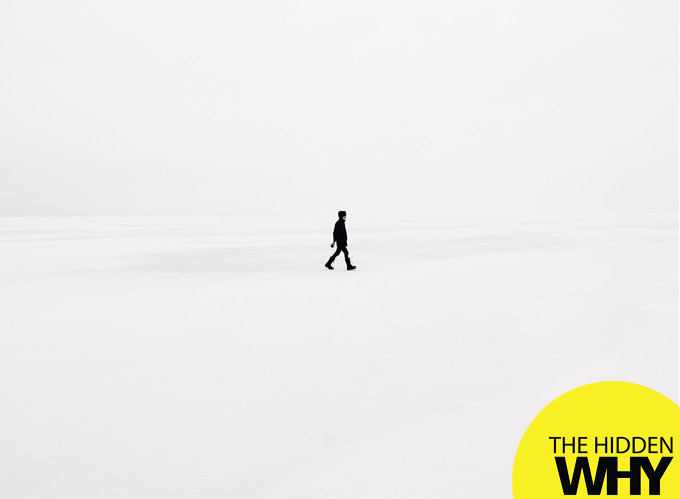
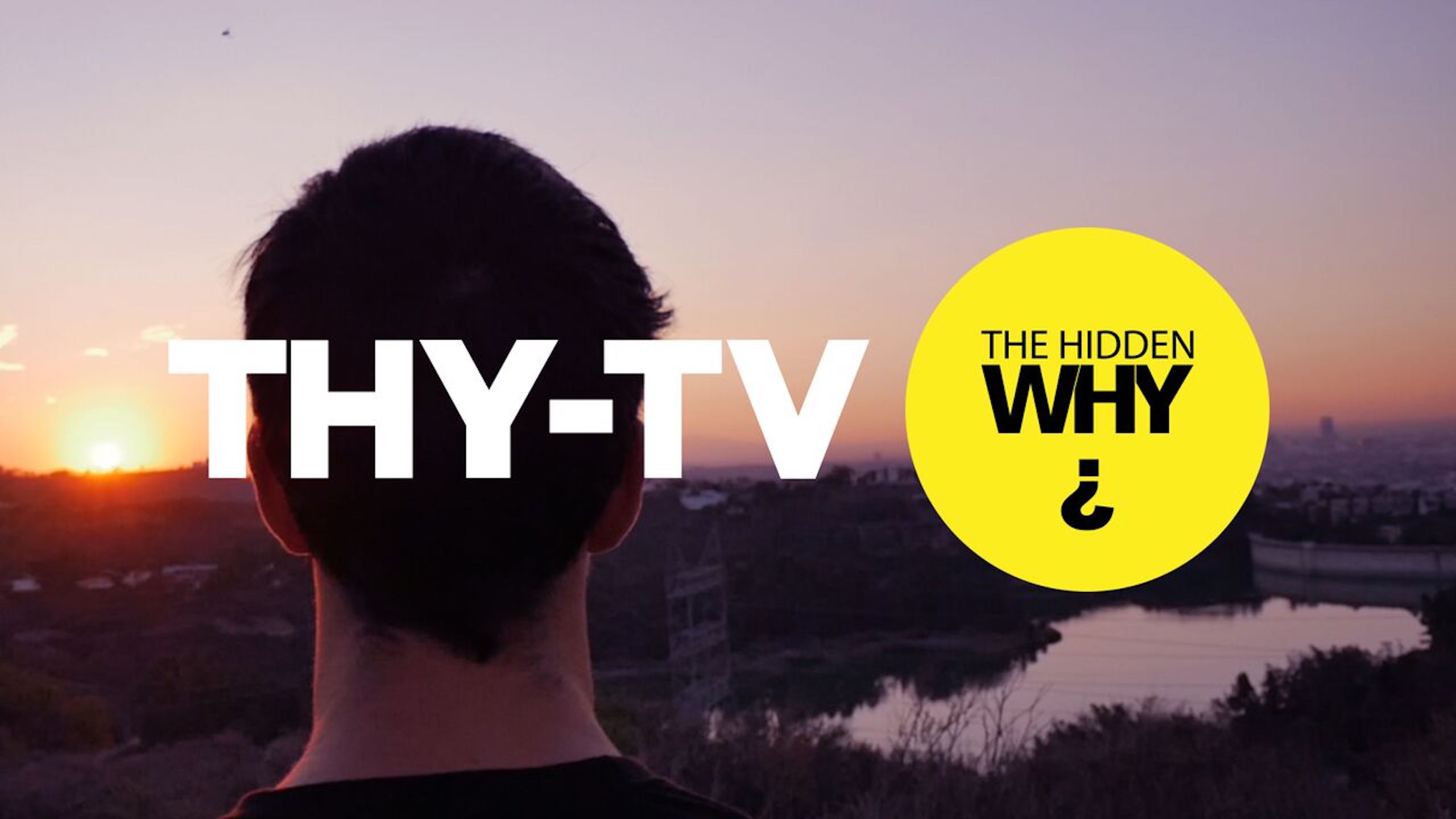
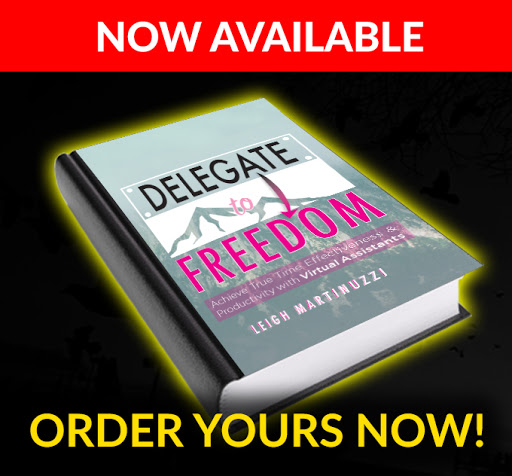




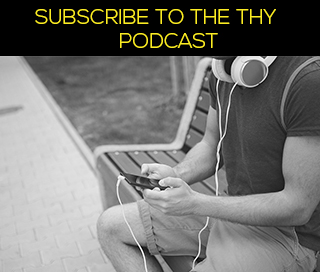
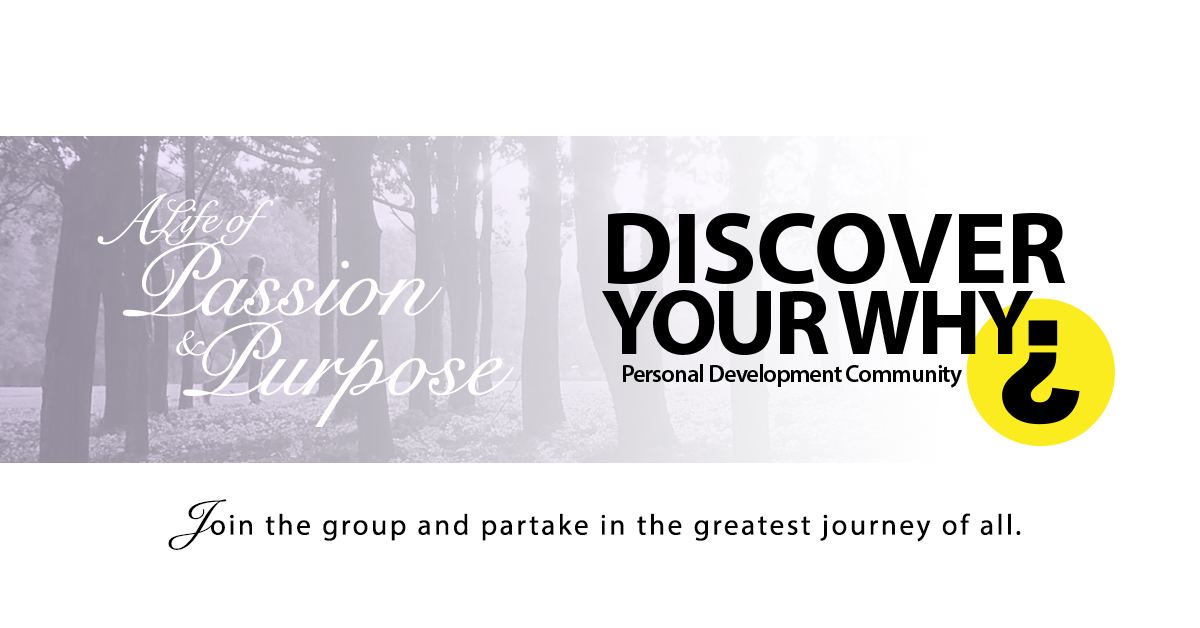
Leave a Reply